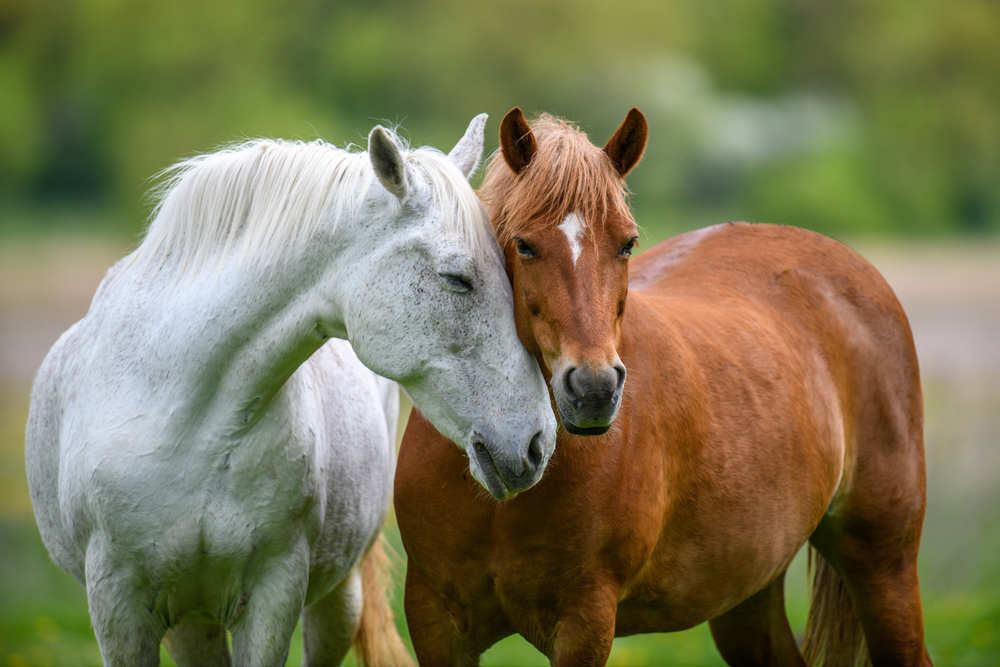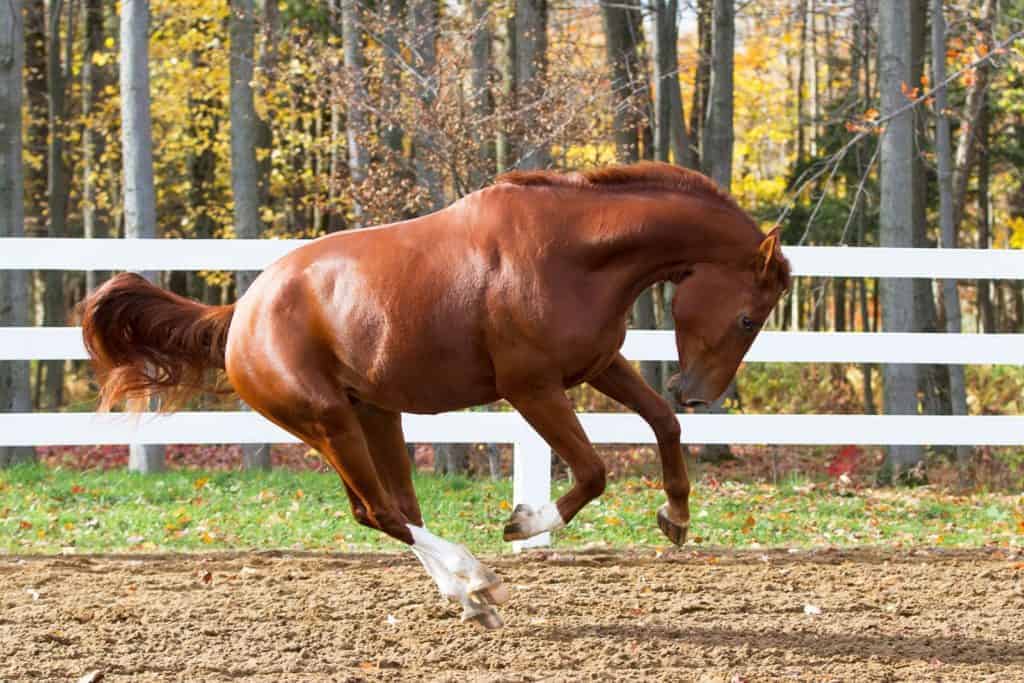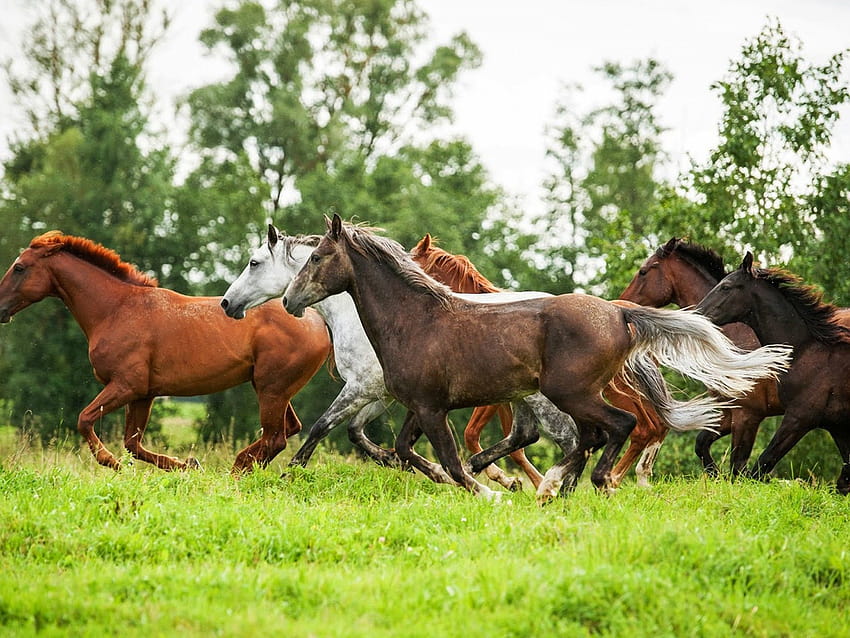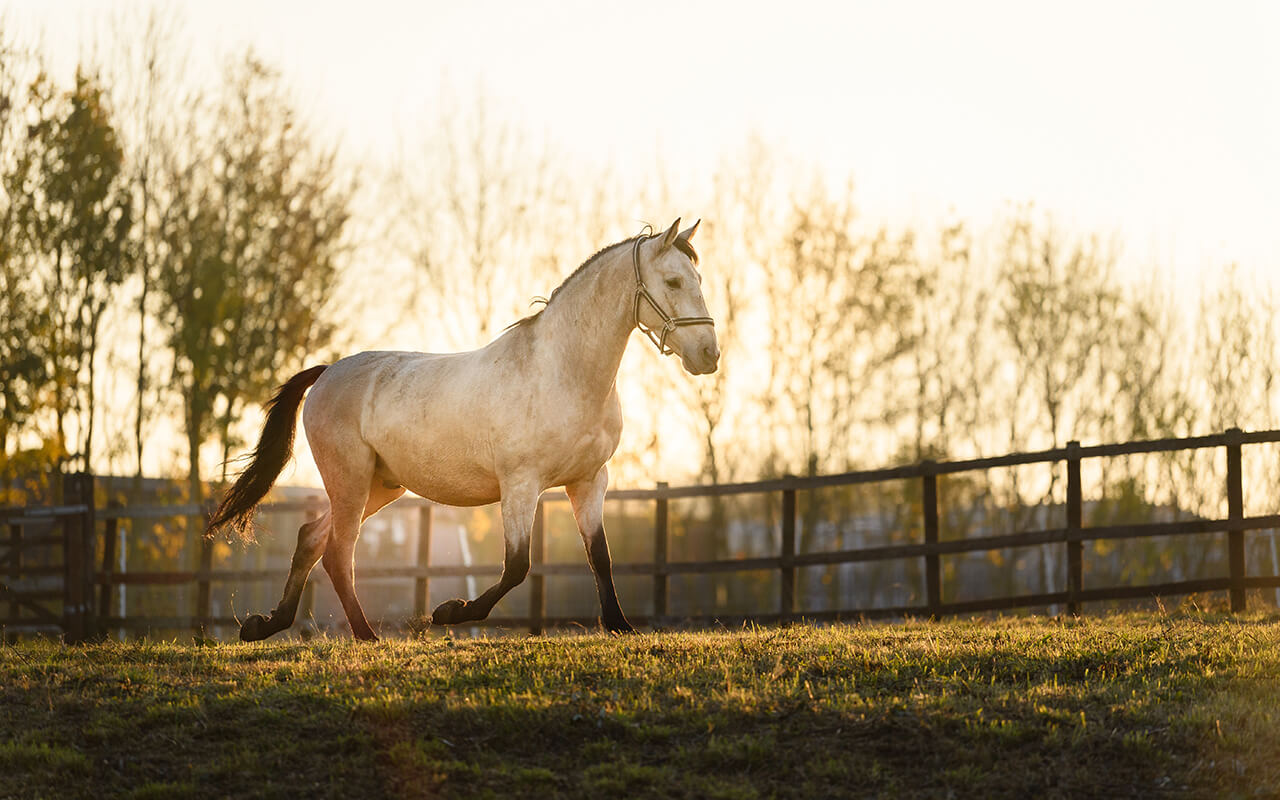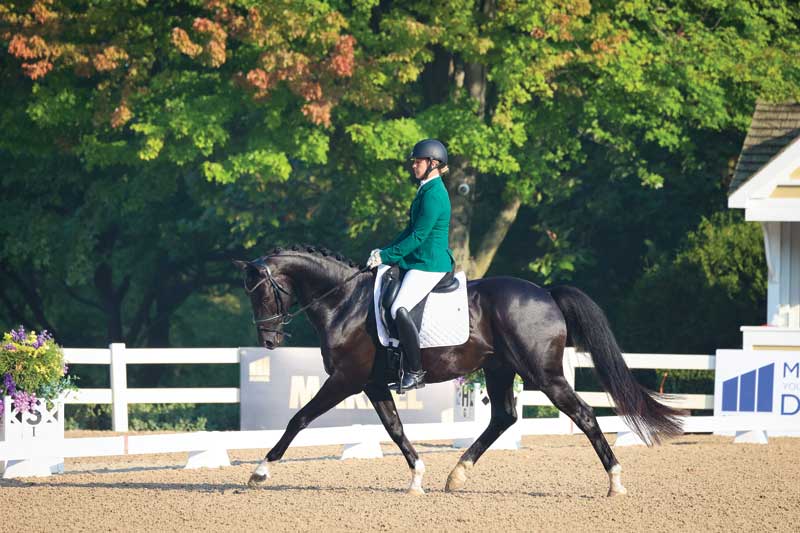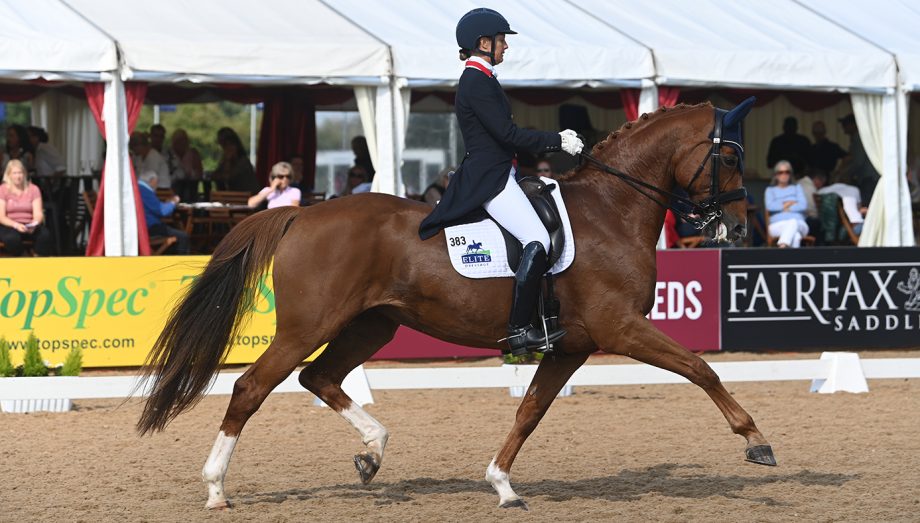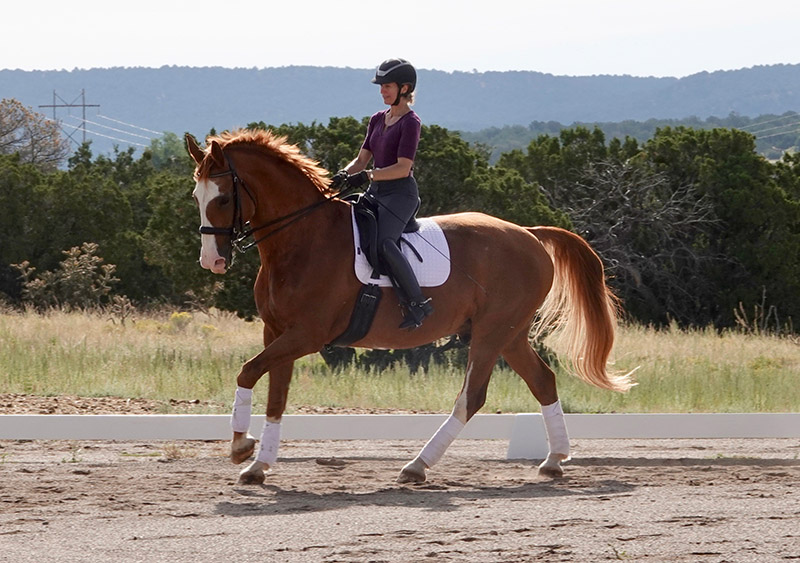Understanding equine behavior is a fascinating and complex subject. The process of how horses acquire new behaviors is particularly intriguing. This article explores the mechanisms through which horses learn, providing insights for horse owners and enthusiasts alike.
Equine Learning Mechanisms
Horses, like other animals, learn through a combination of instinctual behaviors and learned experiences. They are highly social animals, and much of their learning occurs through interaction with other horses and their environment.
The Role of Conditioning in Horse Learning
Conditioning plays a significant role in how horses learn. Both classical and operant conditioning are used in training horses. In classical conditioning, a neutral stimulus is paired with a significant stimulus, while in operant conditioning, the horse’s behavior is reinforced or discouraged using rewards or punishments.
For a deeper understanding of equine behavior, you can refer to this comprehensive guide on equine behaviorists.
Implications for Horse Training
Understanding how horses learn can significantly improve the effectiveness of training. By aligning training methods with the natural learning processes of horses, trainers can achieve better results and foster a positive relationship with the horse.
To ensure your horse’s well-being during training, it’s essential to keep hooves soft and to provide supplements that maximize race-day energy.


